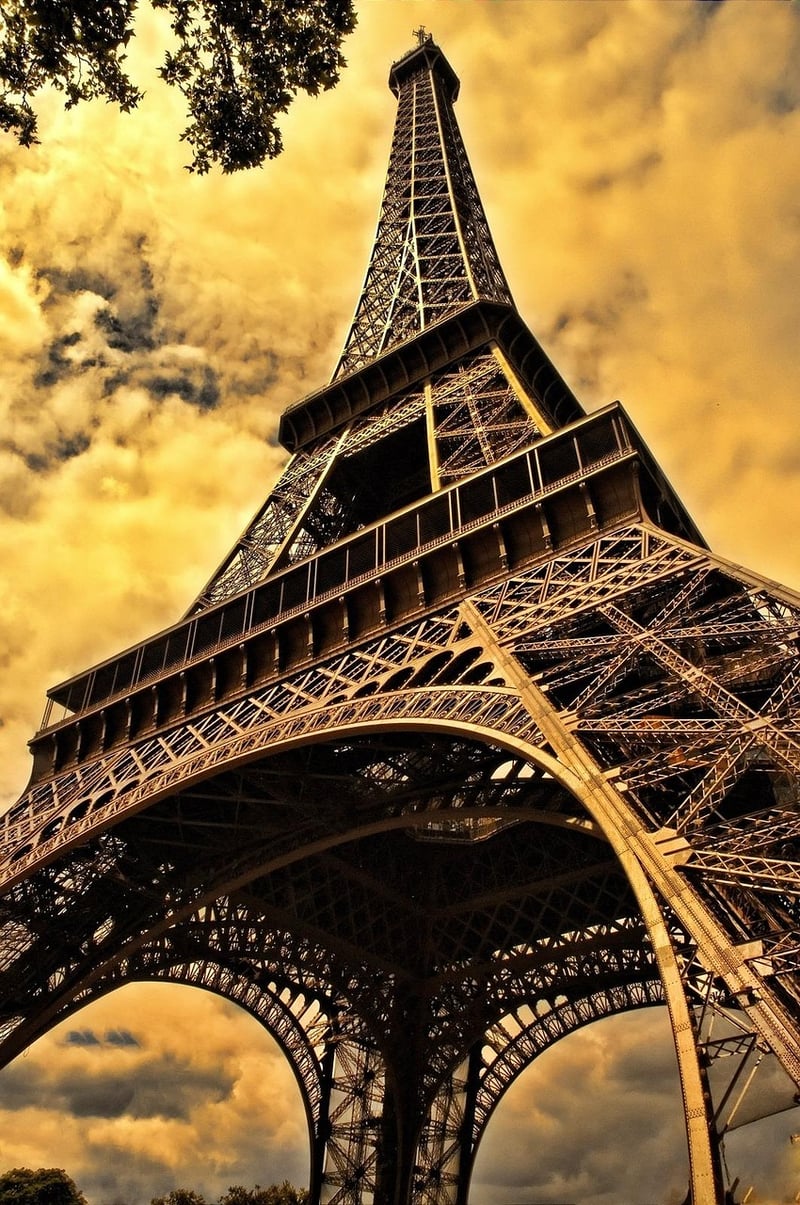Future Exploration
Exploring Different Eras and Future Exploration
The Past
Exploring different eras allows us to delve into the rich tapestry of human history and understand how societies have evolved over time. From ancient civilizations to the Renaissance and Industrial Revolution, each era has left its mark on the world.
Ancient Civilizations
Ancient civilizations like the Egyptians, Greeks, and Romans laid the foundation for modern society. Their advancements in architecture, art, and governance continue to inspire us today.
The Renaissance
The Renaissance was a period of great cultural and artistic innovation in Europe. Thinkers like Leonardo da Vinci and Michelangelo made significant contributions to art and science, shaping the course of history.
Industrial Revolution
The Industrial Revolution transformed societies from agrarian to industrial, leading to advancements in technology, transportation, and communication. It marked a significant shift in how humans lived and worked.
The Present
In the present era, we continue to witness rapid technological advancements, globalization, and environmental challenges. Understanding the current world we live in is crucial for shaping the future.
The Future
Future exploration holds the promise of new frontiers, from space travel to sustainable living. Scientists, researchers, and innovators are working towards creating a better future for generations to come.
Space Exploration
Space exploration has always captivated human imagination. From the Apollo moon landings to Mars rovers, we continue to push the boundaries of what is possible in outer space.
Sustainable Living
With climate change becoming a pressing issue, sustainable living practices are gaining momentum. From renewable energy to eco-friendly technologies, we are exploring ways to protect our planet for the future.
Conclusion
Exploring different eras helps us understand our past, appreciate the present, and envision a better future. By learning from history and embracing innovation, we can create a world that is both rich in heritage and sustainable for generations to come.


For more information on exploration and history, visit History.com.
